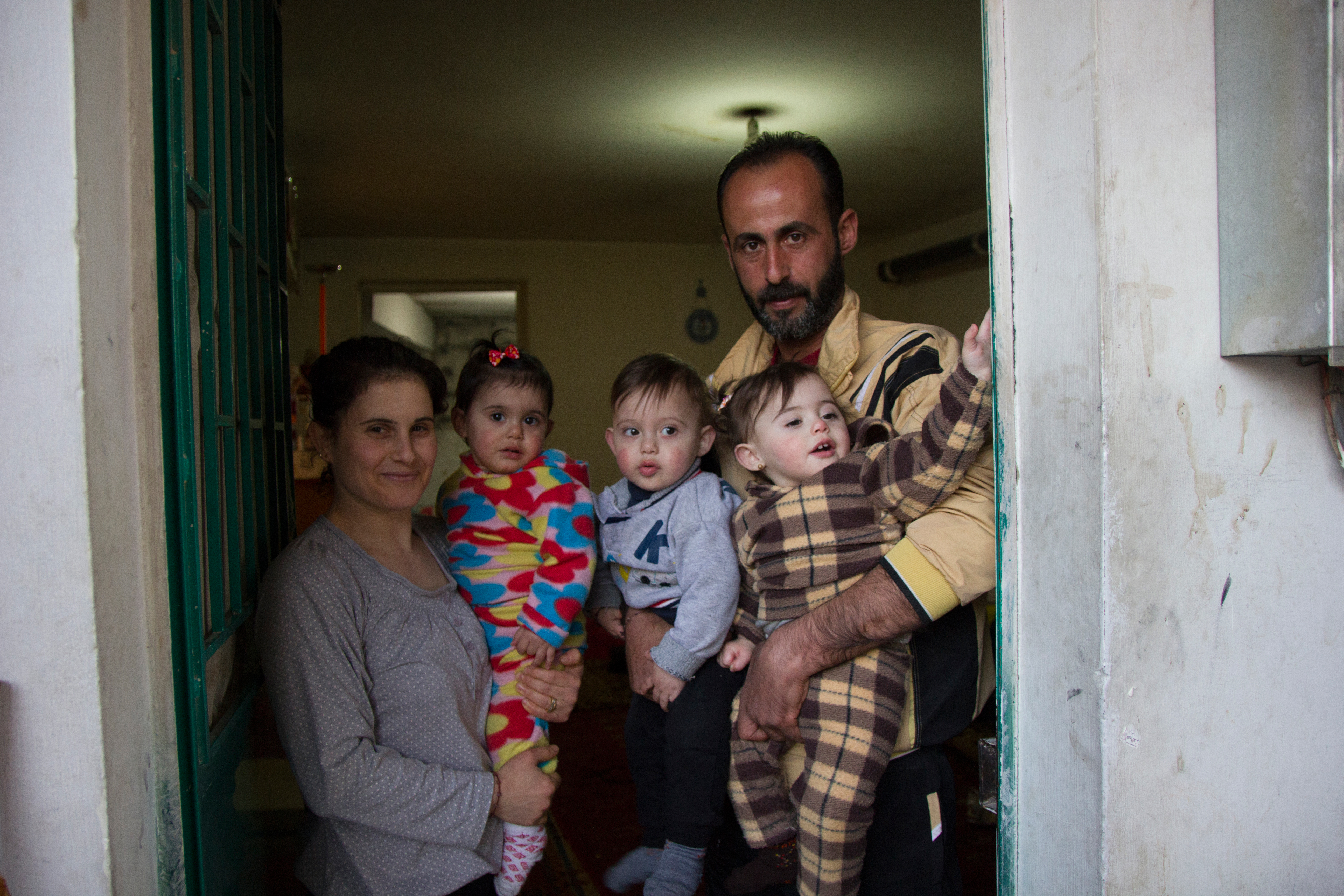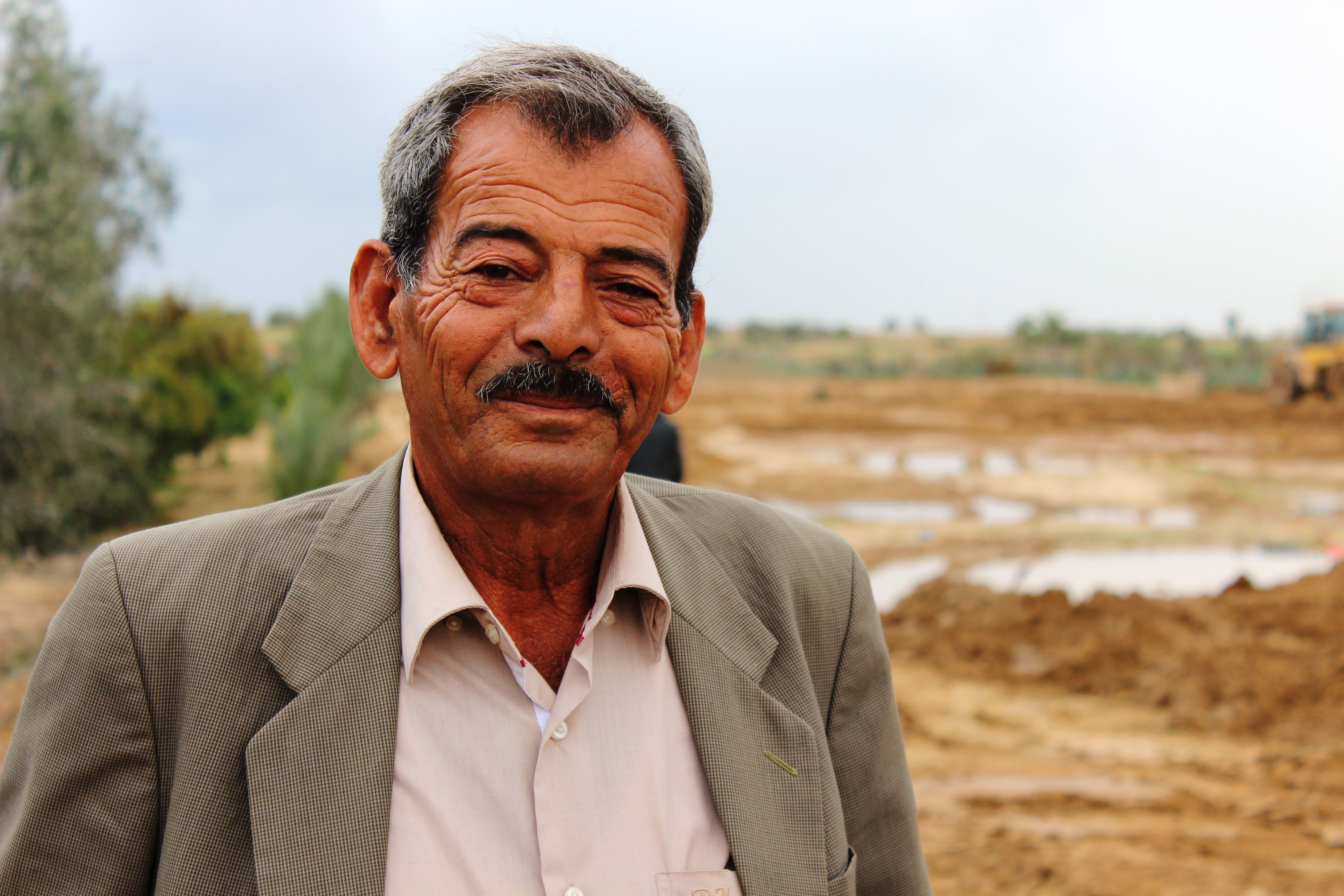My life in Aleppo – A mother’s story
March 13, 2015
Mariana works for a CAFOD partner in Syria, providing life-saving food and emergency supplies to people who continue to be torn apart by the four year conflict. Read her story.
Fear and worry are my constant companions, never leaving my side when I’m at home or when I go to work. This is because of the continuous deadly shelling. You never get use to that sound, its power and then the haunting silence afterwards, followed by the cries of the injured.

About the author: Mariana works for a CAFOD partner in Syria, providing life-saving food and emergency supplies to people who continue to be torn apart by the four year conflict.
Two years ago I was sitting on our balcony with my daughter, singing many songs, when suddenly we were rocked by a powerful explosion. We froze. I watched my daughter’s face grow paler and paler, and then we heard the screams of a woman. The shell had landed on the pushchair of her two-year-old daughter, and her husband’s leg had been blown off.
So when I go to work, I ask myself, “Will I reach my job safely today?”
I’m 37 years old. I married in 2010 in Aleppo, and have three children, two daughters and a baby son. In 2012 my husband lost his job – the factory where he was working was destroyed in the fighting. So now I am the breadwinner for my family, employed as an aid worker, with one of CAFOD’s partners in Syria.
Please keep supporting CAFOD’s long-term work and sign up to our direct debit for our Lent appeal. Your first three months will be matched by the UK government.
Continue reading “My life in Aleppo – A mother’s story”


